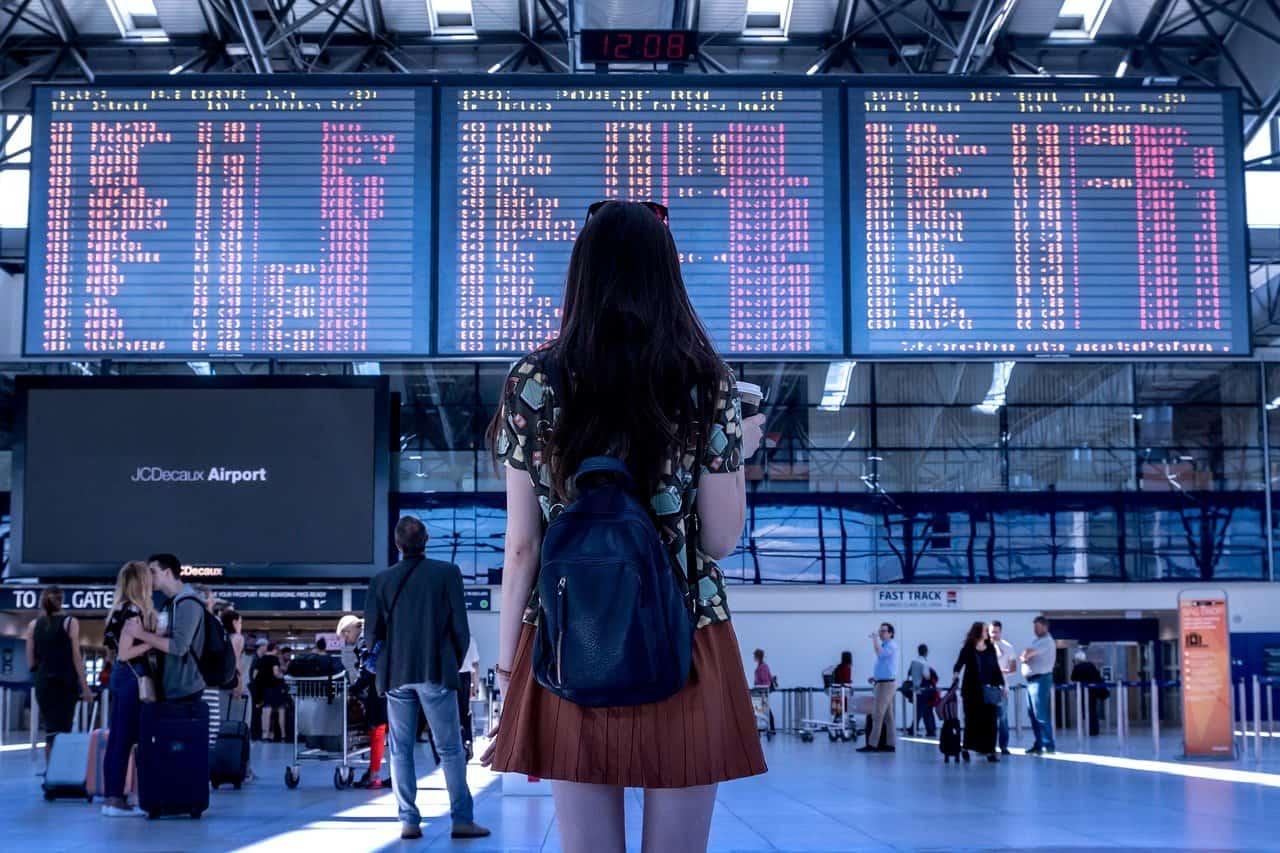
A Travel Ban in the Dominican Republic may apply for both Dominicans and foreign nationals and is nothing more than a restriction from leaving the country. This restriction may be issued by court order at the request of one of the parties involved in the proceedings.
What are the reasons why a Travel Ban would be implemented in the Dominican Republic?
If you would you like to learn more about Alimony, you may click here.
The process to formalize a travel restriction is inherently institutional, which is why it cannot be conducted by an individual.
In accordance with Law 200 on travel bans, proceedings for these purposes begin with the prosecutor who has led the case, who sends the complete file including the sentence to the Attorney General, along with an instance that contains the general information of the individual who is the subject of the travel restriction. Subsequently, the Prosecutor sends that documentation to the General Directorate of Migration through the Minister of the Interior and Police.
A travel ban is not applicable in other cases, such as in civil, commercial and administrative matters that do not have criminal consequences, as well as those related to:
Once the request has been submitted to know if the ban exists (and if so, to have it lifted), the certification will be issued a few days after.
The removal process is free and is carried out in the General Secretariat of the Public Ministry through the Travel Restrictions Division. The documents required are as follows:
Certificates of Non Appeal are processed by the court that was handling the case and are initiated by way of a request which must be attached, an instance requesting the certification, a copy of the sentence, a copy of the notification of the sentence, a receipt of RD$30.00, a tax of RD$30 and another of RD$50 pesos that can be purchased at the General Directorate of Internal Taxes.
In order to validate the certificate of Non Appeal, once you have the sentence you would need to wait for the deadlines established by law to elapse, if an appeal has not been submitted by an interested party during that time, the certification may be requested.
These deadlines may vary, when it comes to alimony the deadline to appeal is 3 days from the date of the notification of the preliminary hearing sentence, issued by the judge before the trial. After the trial and once a sentence is issued, the deadline to appeal is 10 days. Based on the Criminal Procedure Code, the deadline for appealing is 5 days from the date in which the parties involved were notified of the sentence.
The other coercive measures require the presence of the subject or location control, therefore, by nature, these measures make it difficult to leave the country. These measures are:
The only exception is the presentation of an adequate economic guarantee, given that despite the existence of a judicial process, the individual may be allowed to leave the country if there are no other coercive measures in place. However, this is not recommended because if the target of a formal accusation by the Public Prosecutor’s Office is unjustifiably absent, it may seem as if the individual is attempting to flee. This may prompt the opposing party to request a more severe coercive measure or, as a last result, preventive detention.
In our law firm Morillo Suriel Attorneys at Law, we have a division specialized in Criminal Law. Through this division we can assist you with any questions or concerns you may have in matters of Cybercrime, Complaints, Harassment, Travel Restrictions, Fraud, and/or Blackmail. Our attorneys are available to assist you anywhere you might be in the Dominican Republic and the rest of the world, through our Online Consultation tool or In-Person in our firm.
Comments
No Responses to “Travel ban in the Dominican Republic”
No comments yet.